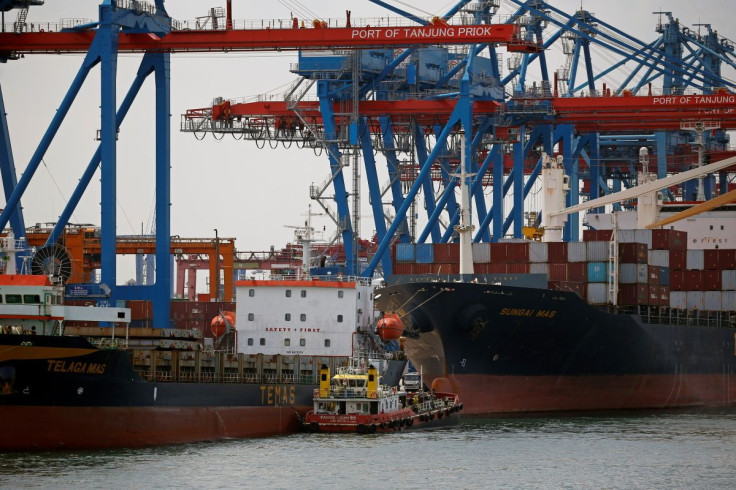Indonesia Jan Exports Grow Below Expectation After Coal Shipment Ban

Indonesia's export growth slowed more than expected in January, after authorities in the world's top thermal coal exporter banned coal shipments, a move that shocked the global energy market.
The January trade surplus was bigger than expected at $930 million, however, official data showed on Tuesday, compared with a $190 million surplus seen in a Reuters poll, as imports rose more slowly than predicted.
Indonesia on Jan. 1 suspended coal exports due to low inventory at power plants. Shipments resumed gradually from Jan. 10 but the ban still applies to miners not compliant with domestic sales requirements.
The resource-rich country has recorded a trade surplus every month since May 2020 due to an upward trend in commodity prices as countries lift COVID-19 restrictions.
January's exports grew 25.31% annually, short of the 33.86% expected in a Reuters poll and the slowest increase in the past year. Total exports were valued at $19.16 billion, the smallest since June.
Exports of products classified as mineral fuel - much of which is coal - dropped by $2 billion from December, with shipments to China, India and the Philippines most affected.
Tin exports fell $259 million in January from a month earlier, due to delays issuing export permits.
Meanwhile, imports increased 36.77% to $18.23 billion, compared to 51.38% expected in the poll.
"I see this as a good situation, that even without the support of coal in January we could still book a surplus. This means with the reopening of exports in February, we will see surplus soaring," said Trimegah Securities economist Fakhrul Fulvian.
Bank Danamon economist Wisnu Wardana said consumer goods imports were typically weaker early each year and vaccine purchase was low in January, but imports continue to rise, pressuring the trade surplus.
"Demand will accelerate more in 2H22, which will be followed by a widening current account deficit to 1.9% of GDP this year and a higher volatility of the rupiah," he said.
© Copyright Thomson Reuters 2024. All rights reserved.




















